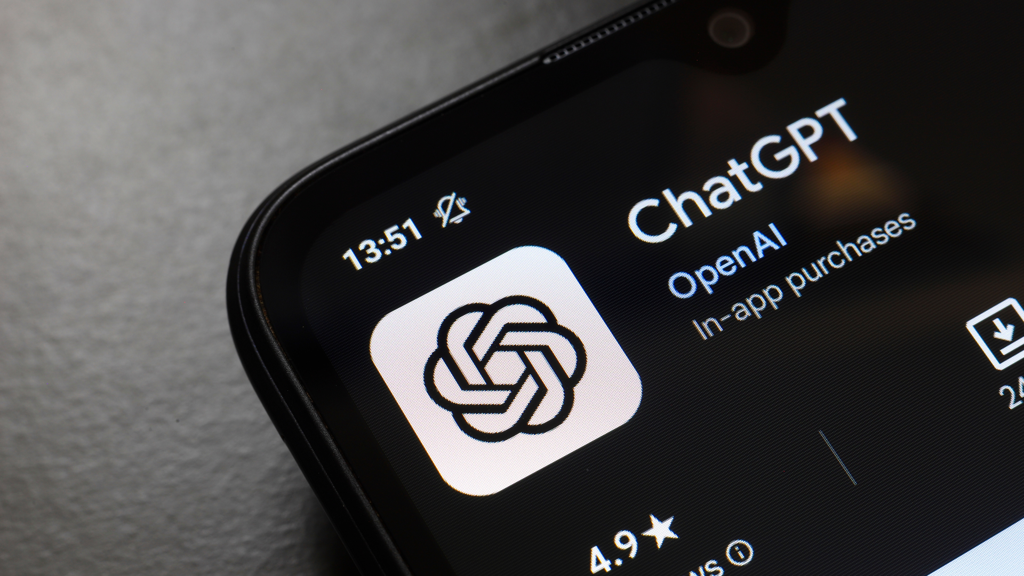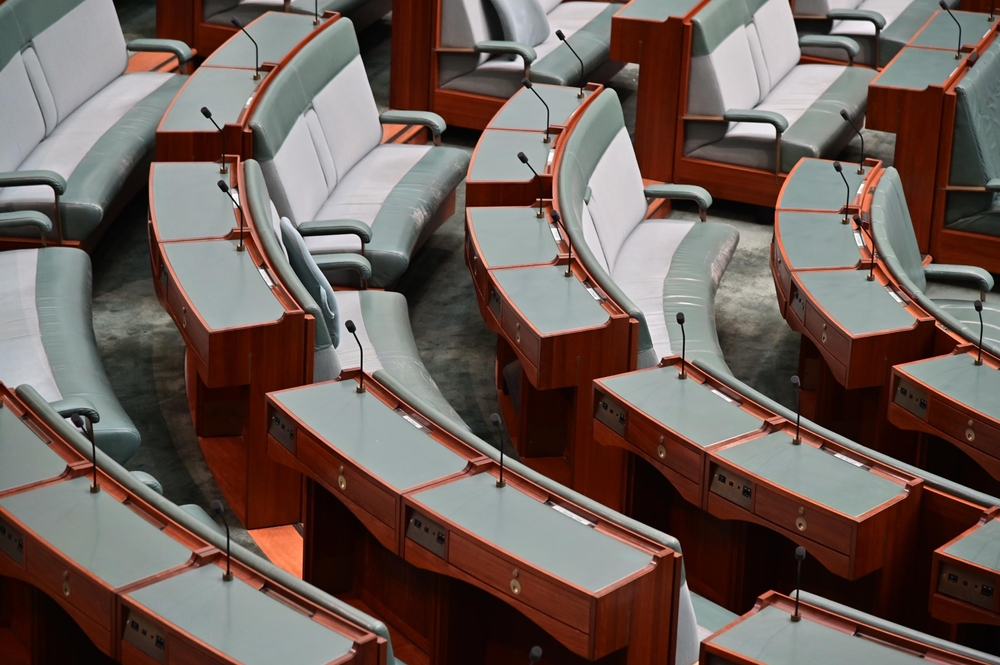
UPDATE: A shocking revelation has emerged regarding ChatGPT conversations potentially exposed to Google searches. Users have discovered that their private chats could be publicly accessible via a simple search filter—site:https://chatgpt.com/share. This alarming situation raises urgent privacy concerns for millions of users.
New reports from TechCrunch confirm that transcripts of actual conversations users had with OpenAI’s chatbot were indexed by Google, making sensitive discussions easily searchable. One user, for instance, sought help from ChatGPT to rewrite a resume for a specific job application, while another’s queries were described as resembling content from an incel forum. Such breaches of privacy have sparked outrage and anxiety among users who believed their interactions were confidential.
In response to these alarming findings, OpenAI has acted swiftly. The company has since removed the ability to make chats public from search engines. Current users can rest assured that any new conversations initiated will not be exposed in this manner. According to OpenAI, the chats were only discoverable because users had explicitly opted to share them, requiring multiple steps to enable public access.
OpenAI clarified their intent, stating,
“We’ve been testing ways to make it easier to share helpful conversations while keeping users in control.”
However, questions remain about the motivations behind this feature. As the demand for AI-driven content surges, the company may have seen an opportunity to increase ChatGPT’s visibility and utility in search engine results.
While OpenAI has taken steps to enhance user privacy, it’s crucial to remember that this incident is not an isolated concern. A similar initiative was noted with Meta AI in June 2023, which allowed users to post questions publicly. As AI companies increasingly experiment with publicizing AI-generated content, users must remain vigilant about their privacy.
The implications of this discovery are profound. Although current users are now protected from such exposure, OpenAI’s earlier experiment highlights the broader issue of user data privacy in AI interactions. Sam Altman, OpenAI’s CEO, recently emphasized the importance of confidentiality during an interview, reminding users that the same legal protections do not apply to conversations with AI as they do with therapists or lawyers.
As AI technology continues to evolve, experts urge users to exercise caution. Chats with AI models should never contain sensitive information, as companies often retain conversations for training purposes. OpenAI’s settings allow users to control some aspects of data usage, but disabling features does not prevent the storage of chats entirely. Even temporary chats can remain on servers for up to 30 days.
This urgent situation serves as a critical reminder of the need for transparency in AI use and the importance of user privacy. As AI tools become more integrated into daily life, users must stay informed about their rights and the potential risks associated with these technologies.
What happens next? Users should review their privacy settings and remain cautious when interacting with AI. OpenAI’s recent actions indicate a willingness to address these concerns, but the onus remains on users to protect their personal data in an increasingly interconnected digital landscape. Share this news to inform others about the urgent need for privacy in AI interactions!






